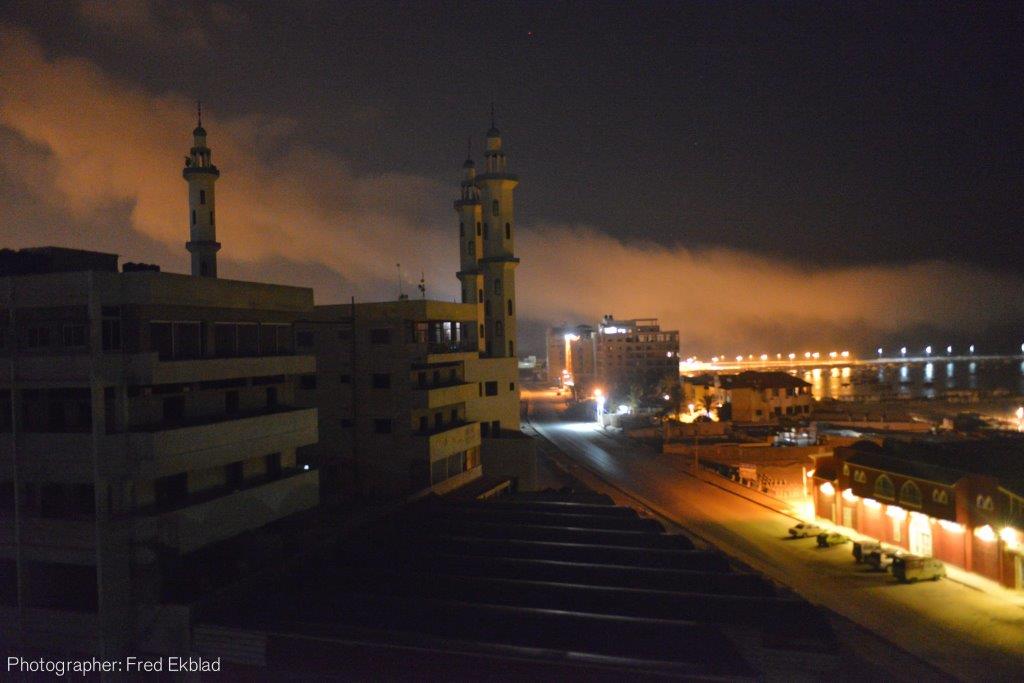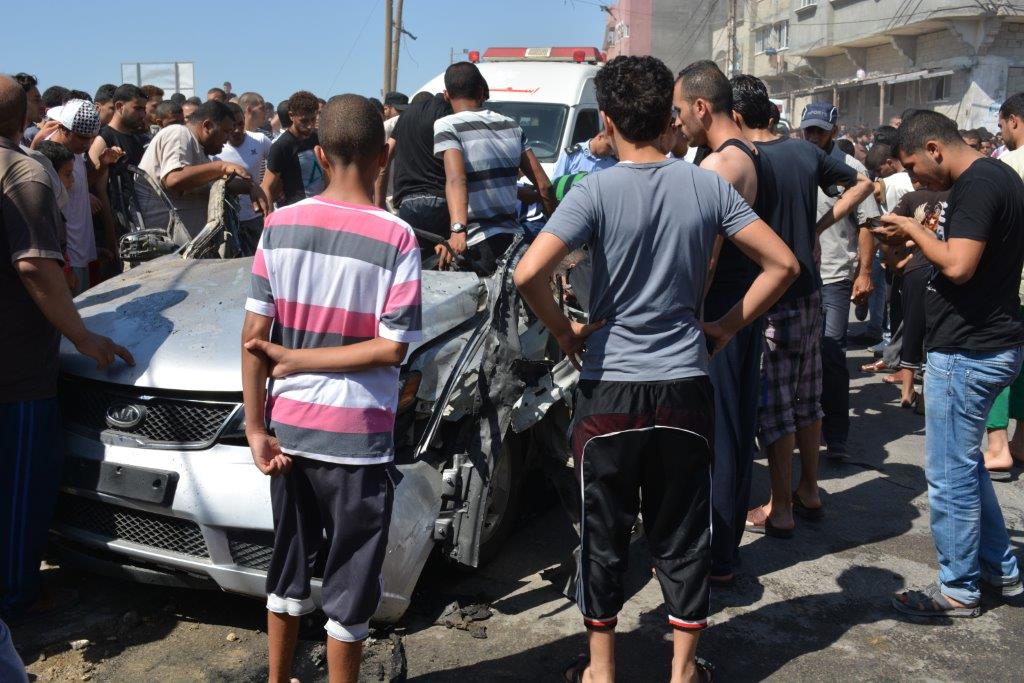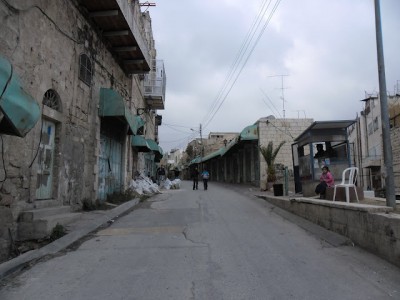Category: Journals
-
Politics in Gaza
9th July 2014 | International Solidarity Movement, Charlie Andreasson | Gaza, Occupied Palestine I wake up after a night shattered by rocket launches, airstrikes, and flyovers, to sparrows friendly twittering, seemingly unconcerned by the drones swarming overhead. No explosions have been heard since five o’clock in the morning, almost four hours ago. The sun shines…
-
No Jews allowed
5th June 2014 | International Solidarity Movement | Hebron, Occupied Palestine My plan for the morning was pretty simple, I wanted to enter the souq (market) and buy some bread for breakfast, and then walk home. That was it. As I made my way towards the souq entrance I was stopped by two Israeli border police…



